-
UN target: Reducing child poverty
In 2019 the Pacific Islands adopted the consensual approach to measure progress to meeting the SDG targets.
Read more in
Oceania
In the new World section
-
Meeting the SDG goals
Read about how Uganda is tackling multi-dimensional poverty using the consensual method of measuring poverty.
Read more in
Africa
In the new World section.
-
UN goal:
No poverty
Read how the consensual approach to poverty can help meet the UN's Sustainable Development Goal to reduce multi-dimensional poverty.
In the new World section.
-
-
The PSE research has had international impact.
Read about:
The new EU material deprivation indicators - here.
And how EU countries rank in new child deprivation index here.
The
consensual approach to measuring poverty is now used in wide variety of countries – high, middle and low income – to examine multi-dimensional deprivation and to inform the policy-making process. These studies have adapted and improved the method in the process. Hover over the tabs above to see the list of countries and regional organisations in each region that have carried out research based on this method or adaptations of it.
The consensual method is particularly useful in measuring progress towards meeting the UN’s Sustainable Development Goal for reducing multi-dimensional poverty. This requires all countries by 2030 ‘to reduce at least by half the proportion of men, women and children of all ages living in poverty in all its dimensions according to national definitions’. See
Development goals for more details on how the consensual approach helps meet this aim, and where you will find information on how to
implement it and how the
international agencies are using this approach.
The consensual approach to measuring poverty is based on the concept of relative deprivation and seeks to find a public consensus on what are the necessities are life. This approach originated in the UK where it has been developed and test for over forty years (see
PSE UK). It was subsequently taken up by the
European Union, which in
2017 adopted a new 13-item index of material deprivation based on their research and in
2018 a new 17 item index for children.
Under
Reading (below), links to download the reports and papers contained within this section are gathered together. Under
PSE UK, you will find the reports and papers relating to that project.
International reflections on poverty
In the films below you can hear the views of international experts from across the world, speaking at the Second Peter Townsend Memorial Conference, on what is poverty, which groups are vulnerable to poverty and why poverty measurement matters for tackling poverty. In
Definitions of poverty you can find more on how poverty can be defined.
Reading
All the reports and papers contained within this World section are listed below. You can download the pdf through these links. For the context of these reports and papers go to the section under which the paper appears.
'The consensual approach to child poverty measurement' (pdf), Shailen Nandy and Gill Main, CROP briefing, 2015
'What works for Africa's poorest children: from measurement to action', David Lawson, Diego Angemi, Ibrahim Kasirye (eds), Practical Action, 2020 (free to download).
'The Advantages of the Consensual Approach to poverty measurement' (pdf), Marco Pomati and Shailen Nandy, Social Indicators research, September 2019.
'Measuring poverty -the consensual approach', (ppt), Joanna Mack, Shailen Nandy and Alba Lanau, Tonga Statistcial Conference, April 2018
'Foundations of the conensual approach', (ppt), Joanna Mack. University of the South Pacific, April 2018
'Producing a poverty line in eight easy steps' (pdf), David Gordon, PSE:UK, 2015
‘The Importance of Reliability and Construct Validity in Multidimensional Poverty Measurement: An Illustration Using the Multidimensional Poverty Index for Latin America (MPI-LA)’ (pdf), Héctor E. Nájera Catalán & David Gordon, Journal of Development Studies, 2019,
‘Reply to Santos and Colleagues ‘The Importance of Reliability in the Multidimensional Poverty Index for Latin America (MPI-LA)’ (pdf), David Gordon & Héctor E. Nájera Catalán, Journal of Development Studies, 2019.
'Measuring Global Poverty' (pdf), the final report of the World Bank commmission on global poverty, World Bank, 2017
‘Measuring Multidimensional Poverty According to National Definitions: Operationalising Target 1.2 of the Sustainable Development Goals’ (pdf), Marco Pomati and Shailen Nandy, Social Indicators Research, September 2019. French translation: 'Mesurer la pauvreté multidimensionnelle selon les définitions nationales : Mise en opérationde la cible 1.2 des objectifs de développement durable'.
'Applying the consenusal method of estimating poverty in a low income country' (pdf), Shailen Nandy and Marco Pomati, Social Indicators Research, 2015.
'Poverty and Social Exclusion in Hong Kong: First results from the 2013 Living Standards Survey' (pdf), David Gordon, ,Maggie Lau, , Christina Pantazis, Lea Lai, PSEHK, 2014
'Social Exclusion in Hong Kong - Findings from the 2013 Living Standards Survey', Maggie Lau, David Gordon, Christina Pantazis,Eunju Kim, Lea Lai, Eileen Sutton, PSEHK, 2014.
'PSEHK annotated questionnaire with top level findings,English language version' (pdf), PSEHK, 2012
'Housing affordability effects on physical and mental health: household survey in a population with the world’s greatest housing affordability stress' (pdf), Chung RY- N, Chung GK- K, Gordon D, et al. (J Epidemiol Community Health, November 2019).
'What are the financial barriers to medical care among the poor, the sick and disabled in the Special Adminstrative Region of China' (pdf), Samuel Yeung-shan Wong , Roger Yat-nork Chung, Dicken Chan, Gary Ka-ki Chung, Jerry Li, Dominic Mak, Maggie Lau, Vera Tang, David Gordon, Hung Wong, November 2018, Plos One.
'Children's and Adults perceptions of necessites of child necessities in Hong Kong' (pdf), Lau et al, 2019 (SPA accepted for publication).
'Social exclusion and earlier disadvantages: an empirical study of poverty and social exclusion in Japan' (pdf), Abe Aya, Social Science Japan Journal , Vol 13, No 1, 2010
'What can be learned from deprivation indicators in Europe' (pdf), Eurostat working paper, 2009
'Poverty and Social Exclusion' (pdf), a special Eurobarometer report, Eursomean Commission, 2007
'Revising the EU material deprivation variables' (pdf), Anne-Catherine Guio, David Gordon, Hector Najera, and Marco Pomati, Eurostat, 2017.
'Towards an EU measure of child deprivation'(pdf), Anne-Catherine Guio, David Gordon, Eric Marlier, Hector Najera and Marco Pomati, Child Indicators Research, 2017
‘Multiple deprivation and multiple disadvantage in Ireland: an analysis of EU-SILC’ (pdf), C.T. Whelan, B. Maȋtre, B. Nolan, Economic and Social Research Institute, Dublin, 2007
'A new approach to the direct consensual measurement of poverty' (pdf), Halleröd, Social Policy Research Centre Discussion Paper No. 50., 1994
'The Advantages of the Consensual Approach to poverty measurement' (pdf), Viliami Fifita, Shailen Nandy and Dave Gordon, presented to the Pacific Statistical Steering group in November 2015..
'Improving the Measurement of Poverty in the Pacific: The Case for a HIES Poverty Module' (pdf), presentation by Viliami Fifita to SPC, Noumea, New Caledonia, November 2014.
‘Multidimensional Poverty in the Solomon Islands According to National Definitions’ (pdf), Briefing Paper to PSSC-SPC, V. Konifelenisi Fifita, H. Najera, D. Gordon, S. Nandy, February 2017.
'Assessing progress towards the eradication of poverty in the Kingdom of Tonga' (pdf), Viliami Fifita, Alba Sánchez, Héctor Catalán and Daivd Gordon, Statistics Department Tonga, 2018
'Public perceptions of Child and Adult Poverty in Tonga', Dr Mo‘ale ‘Otunuku, Dr Teukava Finau, University of the South Pacific, 2019.
'Poverty Module Manual for fieldworkers for the 2016 Household Expenditure and Income survey' (pdf) Statistics Department, Kingdom of Tonga.
'Child Poverty in Tonga' (pdf), Viliami Fifita, Shailen Nandy and David Gordon, University of Bristol, 2015
'Small area Multi-dimensional Poverty Estimates for Tonga 2016: Drawn from a Hierarchical Bayesian Estimator' (pdf), Héctor Catalán, Viliami Fifita and Winston Faingaanuku, Applied Spatial Analysis and Policy, July 2019.
Back to top



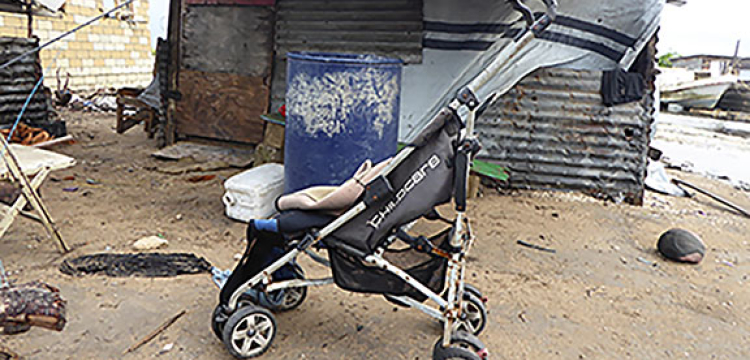
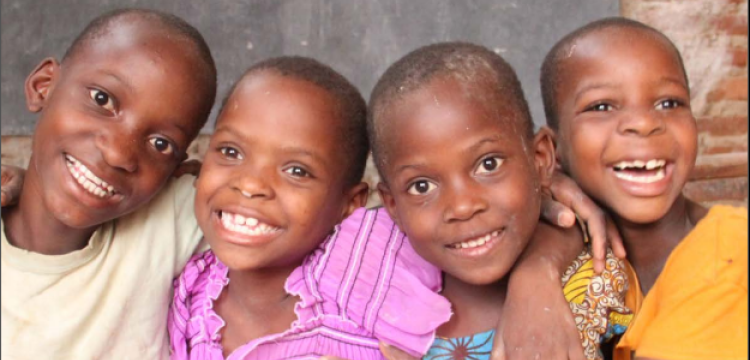
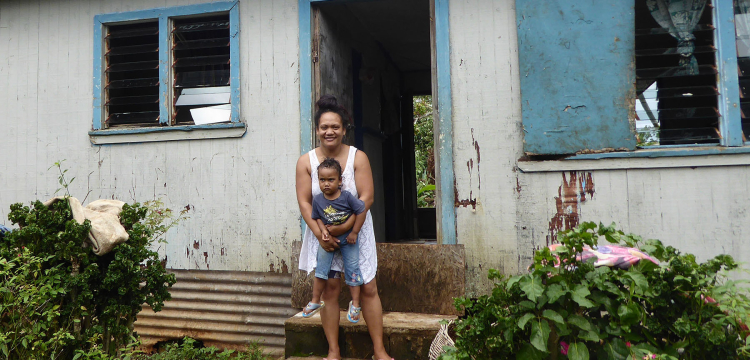

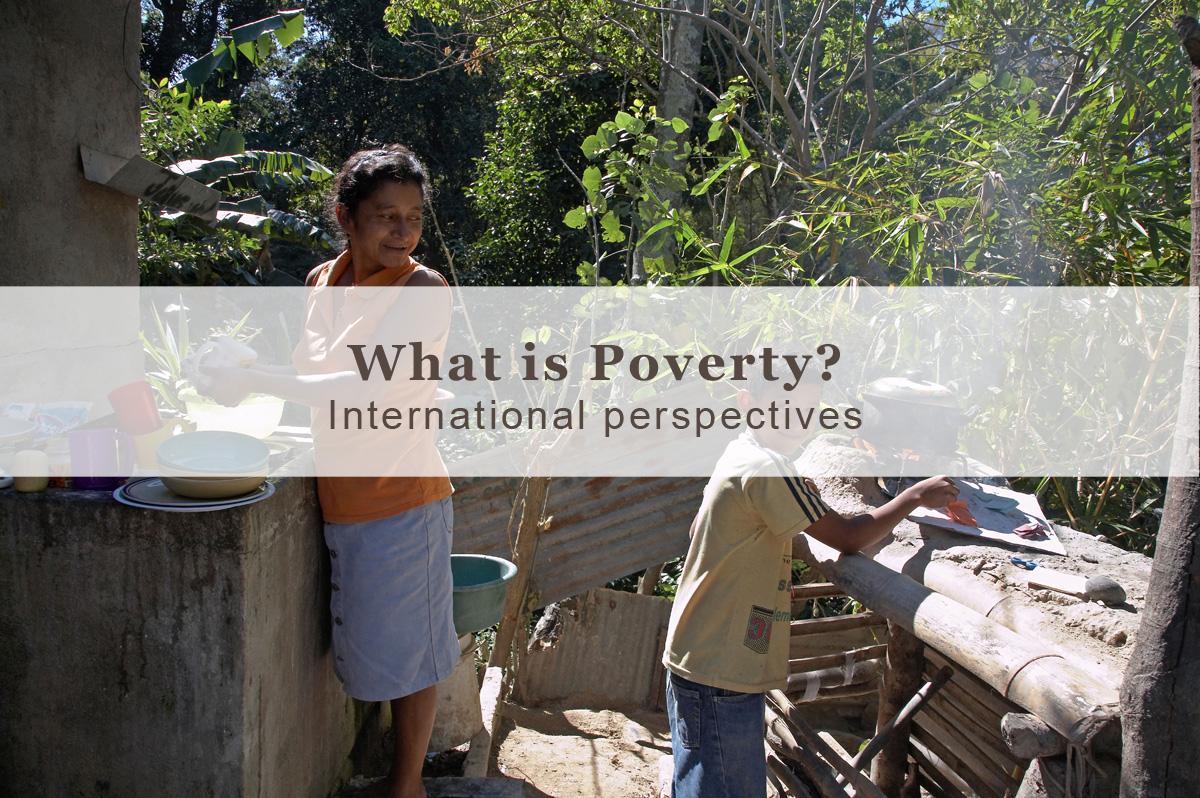

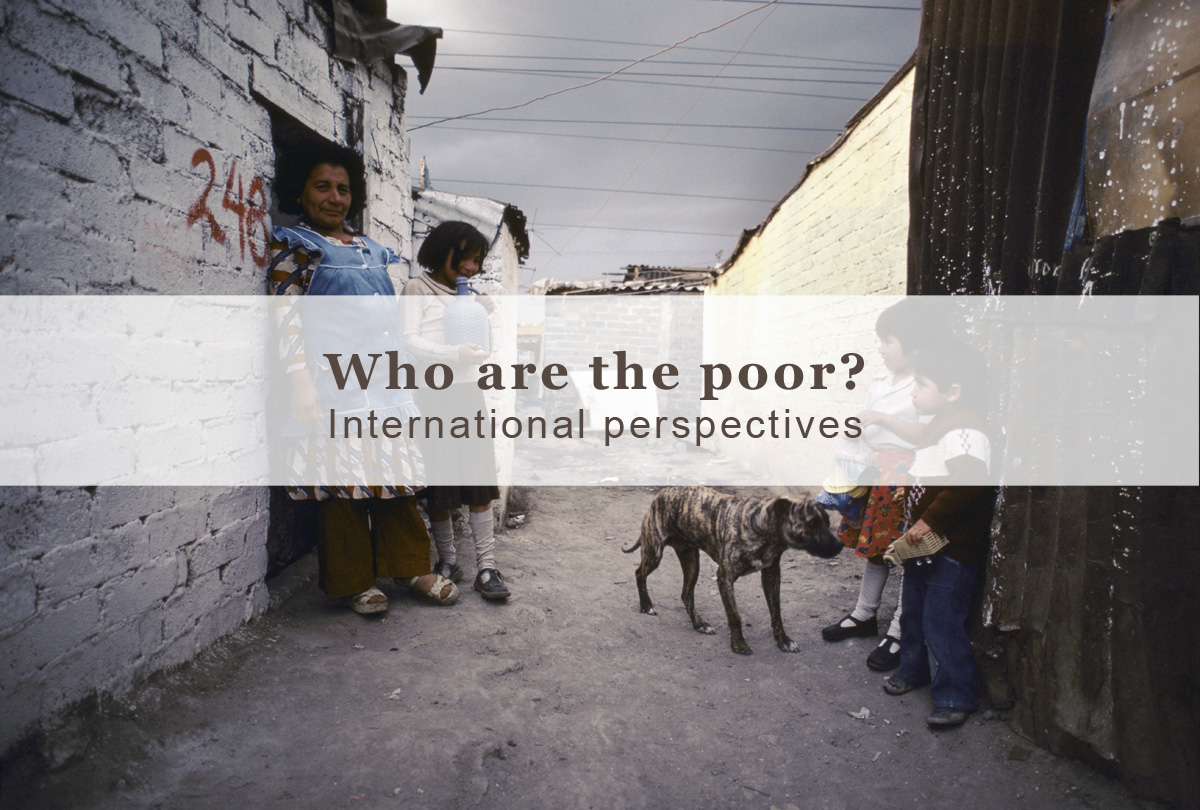
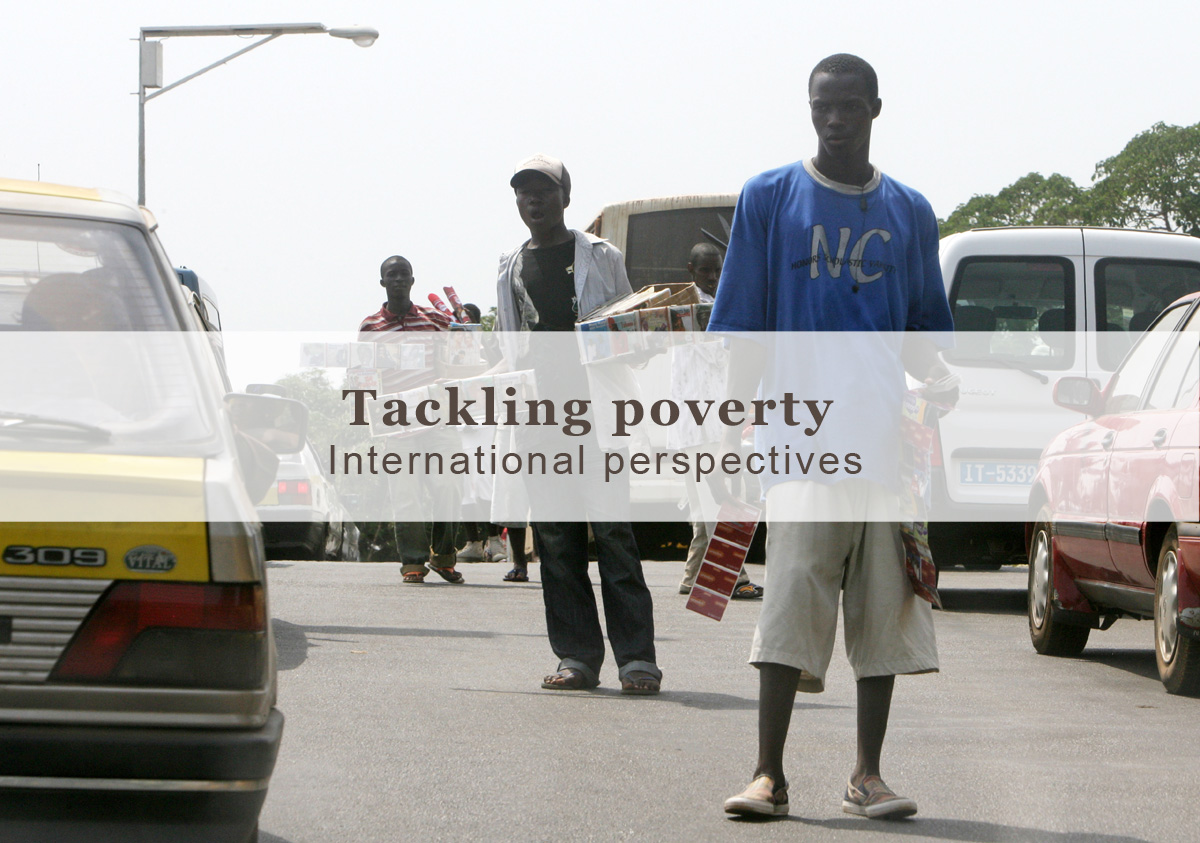
 PSE:UK is a major collaboration between the University of Bristol, Heriot-Watt University, The Open University, Queen's University Belfast, University of Glasgow and the University of York working with the National Centre for Social Research and the Northern Ireland Statistics and Research Agency. ESRC Grant RES-060-25-0052.
PSE:UK is a major collaboration between the University of Bristol, Heriot-Watt University, The Open University, Queen's University Belfast, University of Glasgow and the University of York working with the National Centre for Social Research and the Northern Ireland Statistics and Research Agency. ESRC Grant RES-060-25-0052.






